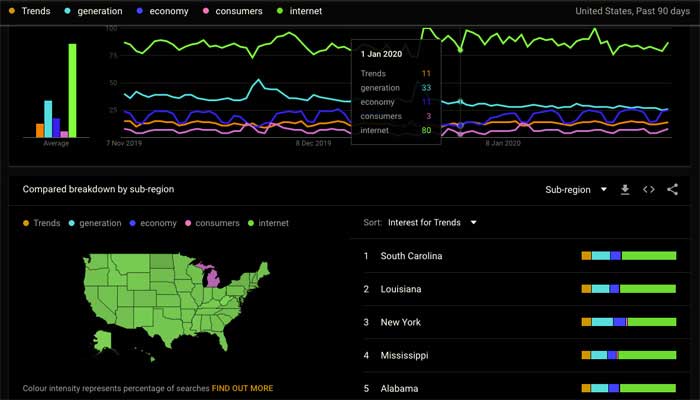In a time when almost anything and everything can be delivered to your door at the push of a button, it is getting more and more difficult for businesses to sustain themselves up against the Internet.
The internet, on the most part, provides a product with a price. The reason that websites are so successful is because these prices are somewhat lower than what you would pay in a store. This is achieved because with no store front to pay for and maintain, everything is a lot cheaper. They may have to pay for distribution and storage, but things are considerably cheaper, particularly when done on mass.
Considering these companies will also deliver straight to your door, it is hard to believe that people still go to the shops these days, however there are reasons why there is a still a thriving high street industry. This is mostly because we like the social element of shopping, because staff who work in shops can provide expertise in areas where we cannot, and even searching on the internet for is tedious and confusing whereas asking is more simple, and because sometimes the shops can offer something that the internet can't.
For example, we can use price comparison sites to find cheap flights, however when you speak to a travel agent, they will often charge more. This is because they have the knowledge to look into things such as the length of time that layovers take, the quickest routes, the best airports, the best airlines and even be able to recommend alternatives such as fast speed rail networks that may be considerably cheaper. It's because of this expertise that the travel agency business is still alive, and while the internet keeps coming out with better prices, people feel safer talking to an expert and have an overall better experience.
As well as offering expertise, the product itself can differ. You can have a loaf of bread delivered from a supermarket which was mass produced in a large bakery, or you can go and visit your local baker who will provide a similar product, but will most likely provide a loaf of bread of higher quality and maybe with his own unique recipe. This may not be the best example as not many people buy their bread online, but the principal can be applied across all industry sectors.
Trends tend to come in circles, and with a new generation of consumers looking to reignite traditional values, more people are trying to support a local economy through using shops instead of the internet. If you can tell your customers that all of your materials and produce are locally sourced, this is likely to interest the more ethical consumer and persuade them to use your services at a higher price than what they would pay online.
You don't have to be cheaper than the internet to beat it, you just have to reinforce why your product is more valuable, whether because of expertise and knowledge or because of quality or whatever unique properties you can add, and this way you can ensure a steady flow of business, even when there are cheaper alternatives elsewhere.

